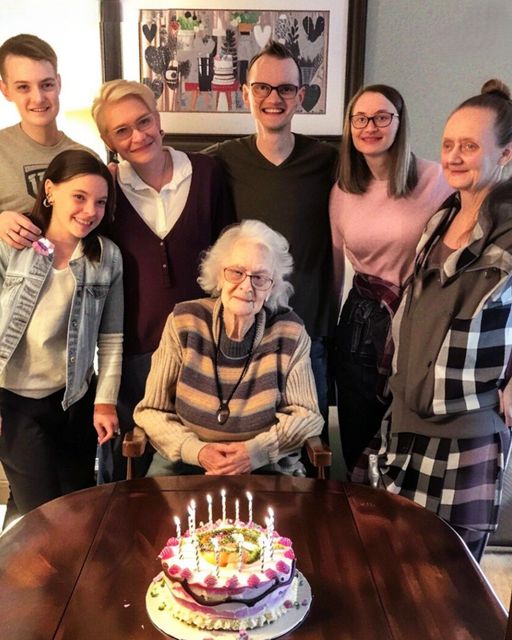These stories reveal how money’s presence can bring both hidden motives and deep-seated grievances to light, as well as its potential to heal and transform relationships—when handled with care.
In the first story, Marcus’s stepmother’s plan to monopolize his father’s support and push him out almost succeeded until his grandmother intervened with a powerful revelation. Karen’s true colors emerged as she manipulated the situation for control and self-interest, showing that her actions were less about Marcus’s “responsibility” and more about power. Marcus’s ownership of the home shifted the power dynamics and allowed him to reclaim a sense of belonging and trust with his father.
The second tale highlights how old family wounds can fester without honest confrontation. The siblings’ unresolved bitterness and strained family ties underscore how inheritance can magnify existing issues if not approached with mutual respect. Grandma Eleanor’s strategy of using inheritance as a means to push for reconciliation adds a glimmer of hope that even the most fractured relationships might mend, but it will take more than money. Eleanor’s words subtly nudge the family to realize that true inheritance isn’t just financial; it’s the legacy of love and unity they could carry forward if they can heal.
These narratives show that while money can reveal the darkest parts of human nature, it can also be a catalyst for positive change, serving as a reminder that wealth alone is never enough to mend broken trust or create genuine connections. The choices people make in these situations reveal what truly drives them: power, control, or a desire for healing.

Leave a Reply